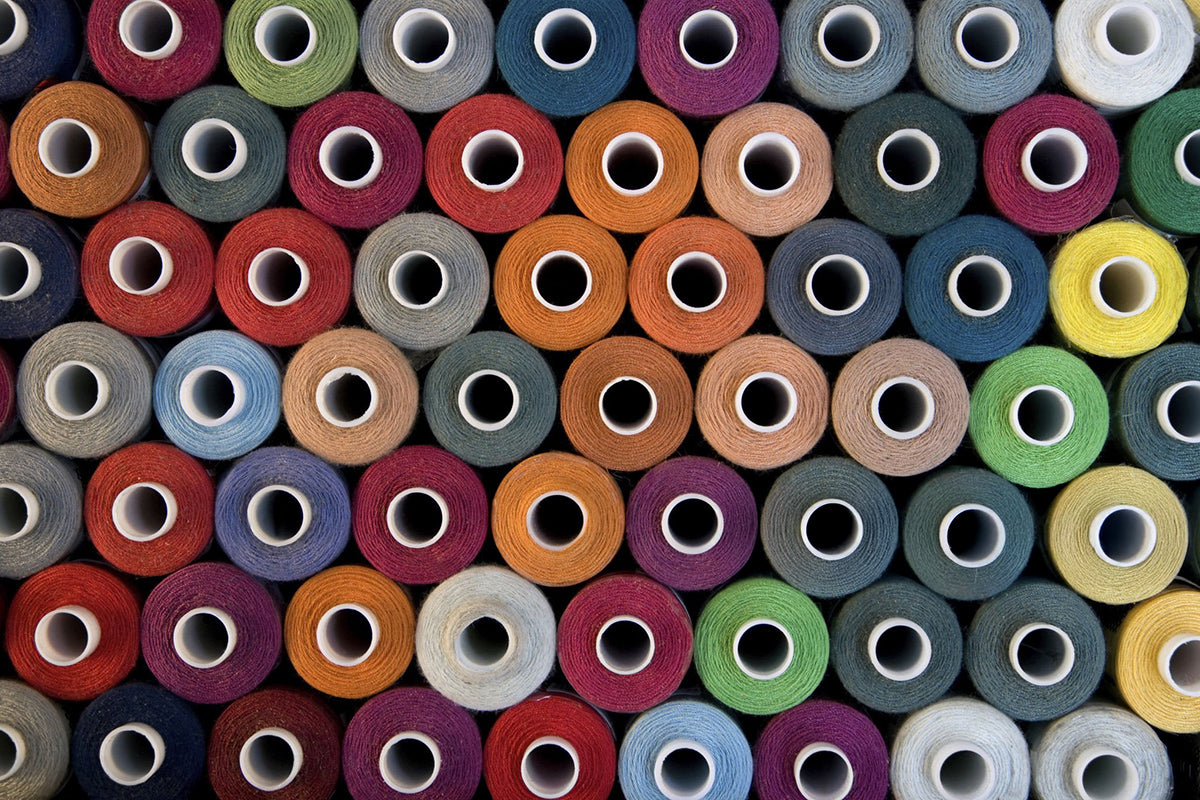The Sustainability of Cotton
The Textile and Garment Industry faces a range of sustainability problems and most of them are connected to cotton production. In fact, despite supporting a vast number of small farmers in 90 countries worldwide, the majority of these are from the developing world.
This raw material is incorporated in ⅔ of the garments production and it’s estimated that, per year, each person consumes an average of 42m2 of cotton- a number that tends to increase as populations and their purchase power continue to grow.
The problem about cotton is that this is one of the fibres that uses more resources in its production. In fact, to make just one kilogram of cotton can take around 10,000 litres of water. Producing one t-shirt demands 2,700 litres of water, the same amount the average human drinks in three years!
Besides this, cotton production is known by its energy consumption, which is making companies around the world try to find replacements by creating recycled fabrics or reusing fabrics which reduce chemicals and save resources. It’s estimated that in 2017 the so called “recycled denim” production increased 720% in the US and 377% in the UK!
On the other hand we can also see that consumers are increasingly considering what they buy and its origins, which is forcing brands to change their standards along their supply chain- from both an environmental and social point of view.
We can see that there are programmes such as the Better Cotton Initiative that support farming communities, by helping them use less water in cotton production, improving their livelihoods and welfare.
The thing is that these good practices can’t exist on only one side of the supply chain, but also on the other. This means we should find ways to use what has already been produced, because we already have so much. AmoThreads has that goal. To provide easy access to fabrics that otherwise would go to waste and give you the opportunity to make a difference in the second biggest polluter industry in the world, giving these fabrics a new life.



